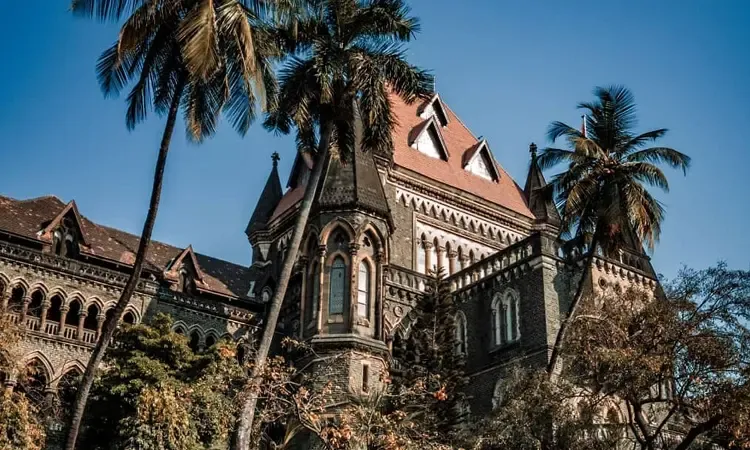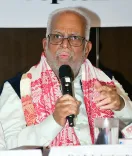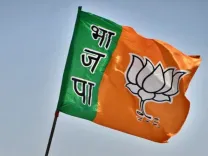Did the Centre Approve the Appointment of Two Judges in the Bombay High Court?

Synopsis
Key Takeaways
- Centre approves appointment of two judges to Bombay High Court.
- Judges appointed following Supreme Court Collegium recommendations.
- Gautam Ashwin Ankhad specializes in commercial law.
- Mahendra Madhavrao Nerlikar has over two decades of legal experience.
- Appointments are for a two-year term.
New Delhi, July 4 (NationPress) On Friday, the Centre officially sanctioned the appointment of two additional judges to the Bombay High Court after receiving recommendations from the Supreme Court Collegium.
"Exercising the authority granted by clause (1) of Article 224 of the Constitution of India, the President has appointed S/Shri (i) Gautam Ashwin Ankhad and (ii) Mahendra Madhavrao Nerlikar as Additional Judges of the Bombay High Court for a tenure of two years, in order of their seniority, starting from the date they take charge of their respective roles," stated a notification from the Union Ministry of Law and Justice.
In September of the previous year, the apex court Collegium, led by then CJI D.Y. Chandrachud, endorsed the elevation of advocates Ankhad and Nerlikar to the Bench of the Bombay High Court.
The SC Collegium noted that advocate Ankhad specializes in commercial, contract, and arbitration law.
"His average net professional income of Rs 226.55 lakhs over the last five years reflects a robust practice. He has been involved in 56 reported judgments in cases where he represented or argued," the statement elaborated.
Advocate Nerlikar, who hails from a Scheduled Caste, boasts over two decades of experience in civil, criminal, constitutional, labour, and service law.
"He has acted on behalf of the Government of Maharashtra at the Aurangabad Bench as Assistant Government Pleader and Additional Public Prosecutor from 2013 to 2023, and has continued in these roles from November 2023," the SC Collegium highlighted.
According to the memorandum of procedure (MoP) that outlines the appointment process for High Court judges, the Chief Justice should initiate the proposal. The Governor, advised by the Chief Minister, must submit the recommendation along with all relevant documents to the Union Minister of Law & Justice promptly, but no later than six weeks after receiving the proposal from the Chief Justice of the High Court.
The Union Minister of Law & Justice will evaluate the recommendations based on other available reports regarding the candidates under consideration. Subsequently, the complete documentation will be sent to the Chief Justice of India (CJI) for their input. The CJI, in consultation with the two most senior Judges of the Supreme Court, will form an opinion regarding the candidate to be recommended for High Court appointment.
Once consultations are completed, the Chief Justice of India will, within four weeks, submit their recommendation to the Union Minister of Law & Justice. Furthermore, as per the MoP, once the appointment warrant is signed by the President, the Secretary of the Department of Justice will notify the Chief Justice, and a copy of this communication will be sent to the Chief Minister. The Chief Minister will then announce the appointment and publish the necessary notification in the Gazette of India.









